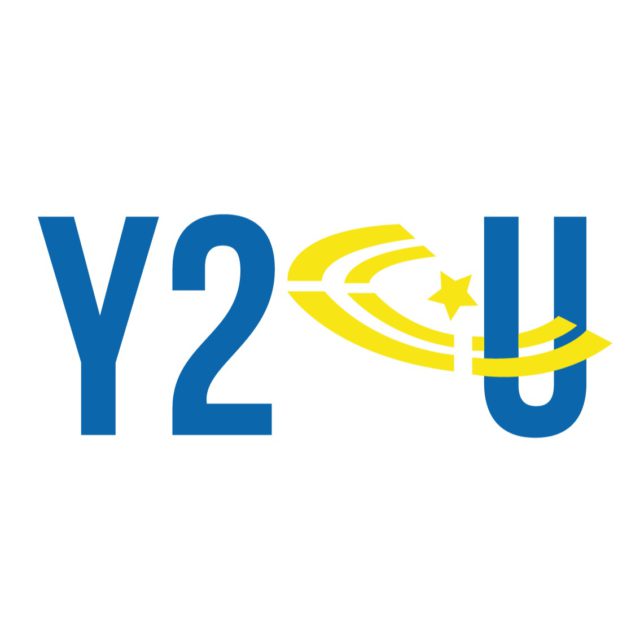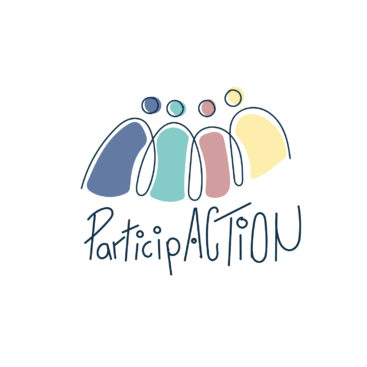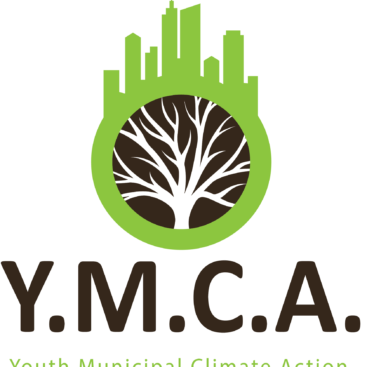Members of the consortium researched and identified that there is a need of young people across the EU to better understand EU, its values, policies and institutions. For this reason, youth knowledge and active citizenship must be increased, and necessary tools to ensure youth political engagement should be provided.
The Applicant Mano Europa and its 3 partners, through the Y2EU project, will develop and promote solutions to encourage youth active citizenship through inclusive European Parliament simulations, and active participation non-formal education activities to the target groups and wider audience.
Target groups:
– young people (18 – 29 years old), including youth with fewer opportunities and less active in democratic participation in their communities;
– secondary target group is organizations working with above mentioned target group to help them to increase their political participation, active citizenship and encourage them to become active citizens at least on community level.
Main objectives:
1. Contribute to a more politically-aware, politically-engaged generation by analysing youth knowledge on European Parliament and level of political engagement in the territories of the project partners.
2. Familiarize youth with the workings of the European institutions, focusing on EP, and bring institutions closer to the citizens they represent and work for.
3. Provide knowledge and space for youth to discuss democracy, fundamental rights, European values and to express their views by actually experiencing decision-making process through the simulation.
Results:
1. Identified youth needs on the local context in EU related matters, willingness to participate in elections and get actively involved in democratic life.
2. Developed digital resources benefiting youth and civil society organizations.
3. Increased youth participation in democratic life through awareness campaigns, youth activities and simulations.
Outputs:
- Report on the event “Research” + focus groups
- Research analysis report
- International Youth event in Portugal
- Awareness campaigns
- Report on the implementation of the training and local simulations
- Manual for implementing the European Parliament simulations
- Simulation platform
- Project website
- Implemented 8 dissemination events
The project is co-funded by the European Commission under Citizens, Equality, Rights and Values Programme (CERV) programme.



